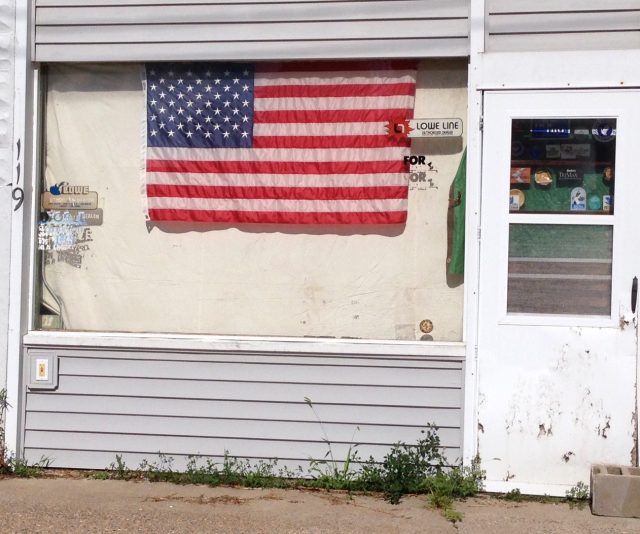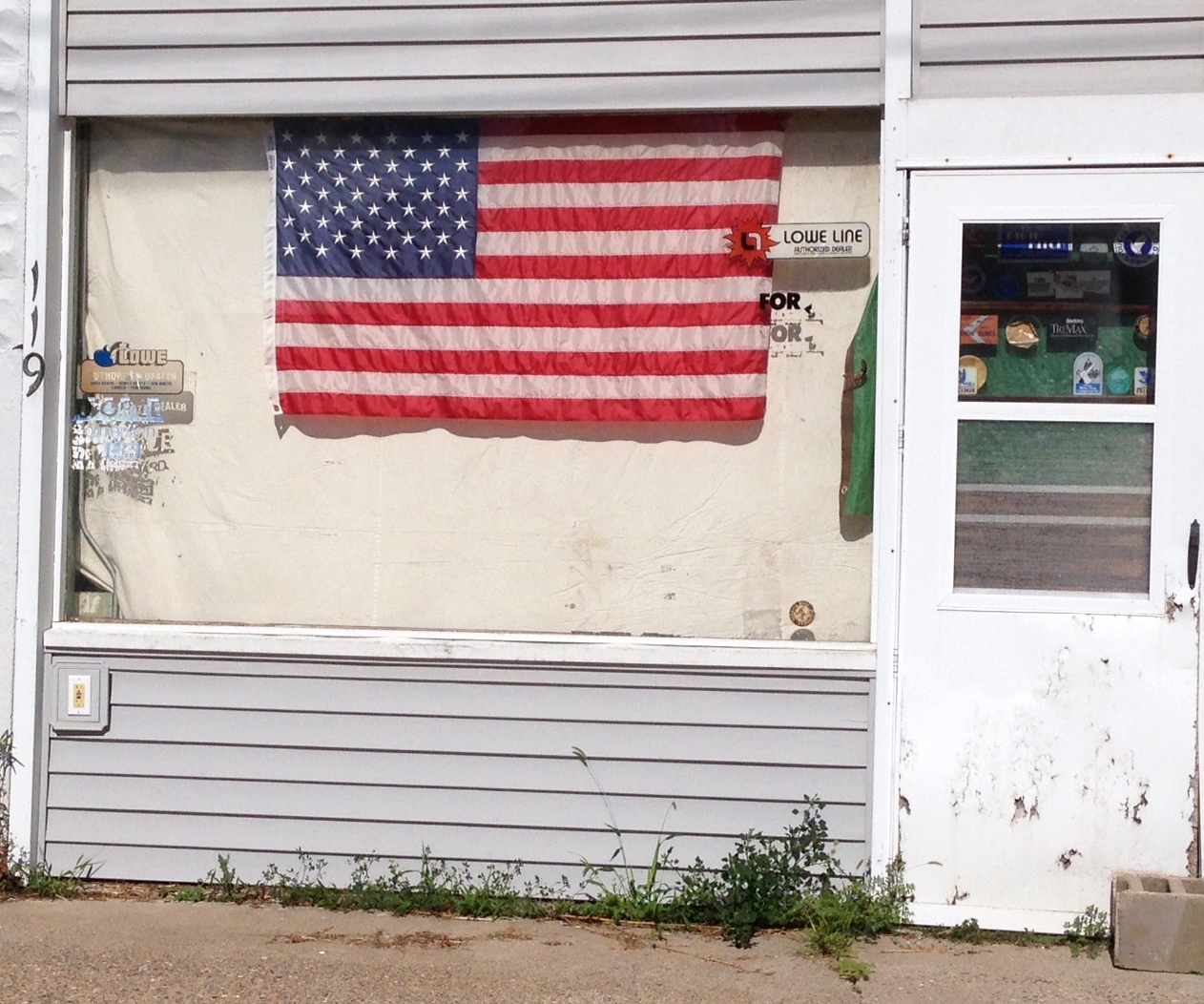
By Kate Crofton
The Commoner Call (6/22/17)
(The ideas expressed here are mine alone and do not represent City Year or AmeriCorps.)
What do you get when you make $4.61 an hour working fifty hours a week?
-
One biweekly AmeriCorps stipend post-taxes -
An income at the Federal poverty line -
Enough money to live frugally but comfortably *most* of the time -
An inside view of the broken systems meant to serve the poor -
All of the above
*****
Case Study Number 1: Food Stamps
I pace back and forth along the perimeter of the Rosa Parks K-8 parking lot listening to a forty-second clip of some jazz/electronica mashup on loop. The hold music plays over again and again and then finally after 15 minutes of waiting I’m put through to a Sacramento County Department of Human Assistance caseworker. My AmeriCorps stipend is sufficiently low for my teammates and I to qualify for the maximum amount of Calfresh food benefits afforded to an individual– $194 a month. Somehow not all the documentation for my application was accepted and without notice, my benefits were cut off after the first month.
The caseworker spends several minutes unable to find me in the system, mishearing the spelling of my last name over the phone, but eventually we figure out our miscommunication. After another solid fifteen minutes intermittently speaking and on hold with the caseworker, I have scribbled a list on a Post-It of documents that I’ll need to resend to the agency. It will take yet another round of calling and waiting before the new set of documents are correctly uploaded to my case, but eventually my benefits are reactivated, and I am able to buy plenty of fresh produce and other healthy groceries without financial stress.
I am fortunate because my boss allows me to step aside from the after school program, sending a teammate to supervise the first graders at recess in my stead, in order to handle these calls. The CalFresh office is open from 8 a.m.-4 p.m. Monday–Friday; I work from 7:30 a..m-6 p.m.
I am fortunate because although I don’t have access to a personal printer or scanner, I can make copies of my driver’s license and utility bills at the City Year office for free to send off with my CalFresh application.
I recognize that while my income level qualifies me as “poor,” my social and cultural capital make me rich. I am writing this so that I can remember the frustrations and overwhelm of trying to navigate the systems that are supposed to serve this country’s disenfranchised and vulnerable people. I cannot say that I understand or have experienced true poverty, but we have had a short-term fling.
I am fortunate because my teammates also receive Calfresh which reduces the stigma that many people feel about being on welfare. We talk to each other about the stores that accept the EBT card that our benefits are loaded onto, recommend farmers markets that match EBT spending to give low-income customers extra vouchers, and coach each other on what to say during interviews with caseworkers.
I am fortunate because I am a native English speaker, have a bachelor’s degree, and feel entitled to a high quality of life.
And even with all of this social and cultural capital, it is still not quick, simple, or shame-free to access Calfresh benefits.
Case Study Number 2: Health Care
Step one: Prevention. My teammates and I work 10.5 hours a day in a cesspool of germy children. We try to sleep enough, wash our hands enough, eat healthily enough. We also chug Emergen-C and cross our fingers that we won’t have to use our personal days for being out sick.
Step two: The inevitable. When sore throats, mild coughs, and runny noses crop up, we rely on expired off-brand Grocery Outlet cold medicine, thermoses of steamy tea, and fistfuls of ibuprofen. Every now and then you can look in the City Year room and find one of us head down on a desk, shirking a recess duty in order to sneak a ten-minute break and summon enough energy to make it through the day. Cold season is rough.
Step three: It gets worse. On the evening of my birthday, the cough that I have now had for several weeks is so persistent that I am struggling to hold a conversation and breathe at the same time. I have considered seeing a doctor for a while, but my primary care doctor is back home in Wisconsin, I don’t know where I can go in California under my insurance, and up until now I’ve been able to make it through the day without medical intervention. I am scared and overwhelmed and tired, but I don’t want to miss work because I’m almost out of personal days. I eventually call an advice nurse who works for my insurance company, and he insists that I go to the ER immediately in case I have an infection. Several hours later I return home with an inhaler and a diagnosis of viral bronchitis. I take Friday off from work, sleep all weekend long, and return to work on Monday. I keep hobbling through work, taking breaks to hack up phlegm in the bathroom and occasionally napping underneath my desk in the City Year room when my energy is zapped.
Step four: You are not invincible. I spike a fever and have so much difficulty breathing that even the inhaler from the ER is not very helpful. I visit urgent care, and at first the doctor dismisses my complaints as seasonal allergies or adult-onset asthma. I don’t own a thermometer, so I can’t report my feverish temperature from the night before. No thermometer, no credibility. When my X-rays come back she eventually realizes that I have pneumonia and prescribes a slew of antibiotics and steroids to get rid of the mucus plugging up my lungs. More importantly, she connects me to an internal medicine practitioner who is accepting new patients. I see her a week later for a follow up. She briefly listens to my breath sounds and then dismissively pronounces that I’m young, healthy, and will be fine. It takes several months for my breathing to resolve back to normal.
Step five: When life gets you down, it also gives you a lice infestation. My breathing is slowly returning to normal, I have missed three days of school to recover, and my energy is coming back. But my head itches like crazy. I examine my scalp in the school bathroom, only to see a flash of movement in my hair. I have head lice. Forty dollars and six hours later, my roommate has treated me with a CVS lice shampoo, removed combfuls of unconscious bugs and pearly white nits from my hair, and our washing machine is chugging away as we frantically launder everything in our shared bedroom.
Step six: Bills. Weeks afterward, the medical bills pile up. I am covered under my family’s comprehensive insurance plan, and my parents take care of the deductible and co-payments from the ER, urgent care, and primary care visits. Going through my bank statements, I see that my savings has dwindled after paying for rides to the doctor, prescription and over-the-counter medication at CVS, and prepared foods from the grocery store. I am acutely aware that good health is not free.
Case Study Number 3: Transportation
I live in Pocket, a suburban neighborhood south of Sacramento, and I do not own a car. This normally does not pose a problem. I carpool with neighbors to work and am fortunate to have friends and family who give me rides. It is easy to bike to the library and the grocery store from my apartment, and I can bike to a farther, cheaper grocery store when I’m feeling ambitious. It takes about an hour and a half to get to midtown via public transportation. From time to time I enjoy the independence of going to free yoga in the park by myself although it takes about half a day when you include the inconveniently timed bus ride.
The walking trails, sidewalks, highways, and light rails of Sacramento take me where I need and want to go as long as I plan ahead.
A short-term fling with poverty
I do not plan to get sick, and suddenly my precariously balanced life is knocked off kilter. I do not have the physical nor emotional energy to deal with street harassment on the light rail and I want to see a doctor quickly, so I take lyft rides to see the doctor. I am too tired to ride three miles one way to Grocery Outlet on my bike, so I buy groceries instead from the more expensive grocery store that’s only a 15-minute walk away. Convenience is expensive.
This flirtation with poverty has taught me that when one leg breaks, the table comes crashing down. I am fortunate because I have a support network that was there to break my fall—a boyfriend and roommates who helped me get time off from work and drove me to receive medical care, an aunt and uncle who fed me homemade soup and let me rest in their house, a family who helped pay my bills and navigate the medical system. I recognize that while my income level qualifies me as “poor,” my social and cultural capital make me rich. I am writing this so that I can remember the frustrations and overwhelm of trying to navigate the systems that are supposed to serve this country’s disenfranchised and vulnerable people. I cannot say that I understand or have experienced true poverty, but we have had a short-term fling.
(Editor’s Note: Kate Crofton was born and raised in Richland County, WI and is a Kickapoo High School graduate and a graduate of Carleton College. She is completing a gap year as a City Year volunteer in Sacramento, California in a low income Latino school and now starting medical school in Rochester, New York. Kate represents the best of Wisconsin young adults and a reason for hope in this time of national trial. – Mark L. Taylor)
(Commoner Call photo by Mark L.Taylor, 2017. Open source and free to use with link to www.thecommonercall.org )

